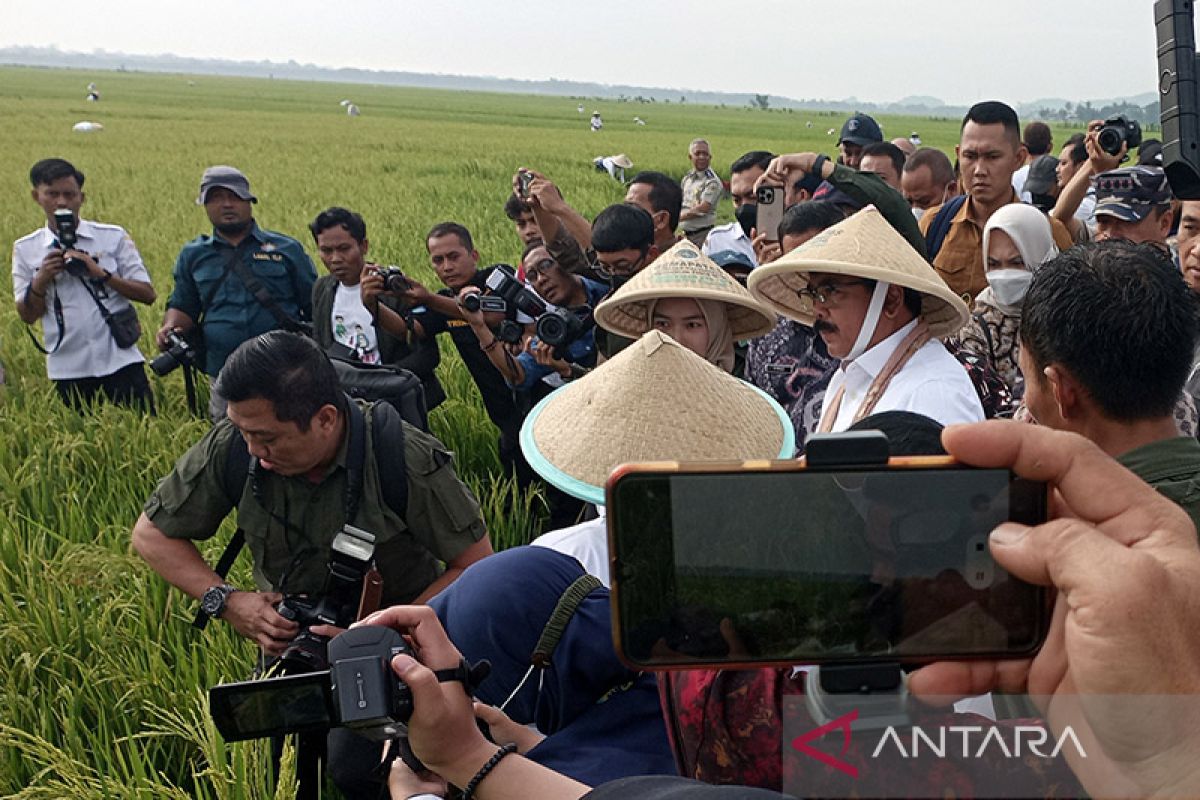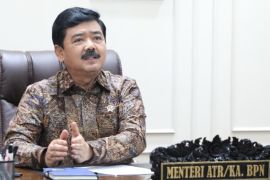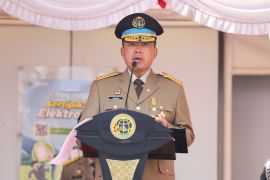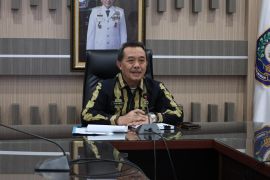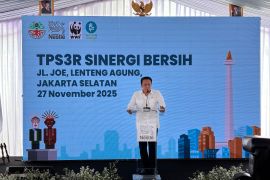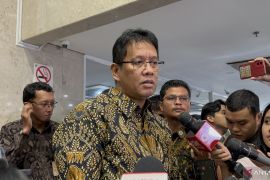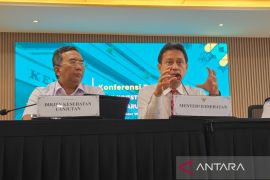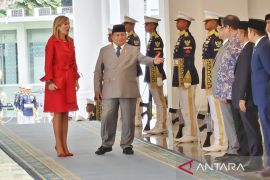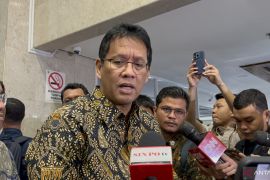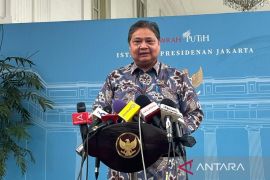"The land mafia cases clearly do not stand alone. I have always said such cases were the work of some individuals," he noted in a press statement released on Friday.
The so-called "land mafia" are organized crime groups who take ownership of someone's land or property through document falsification and bribery.
Tjahjanto noted that these individuals could come from the internal apparatus of BPN itself or could be unscrupulous lawyers, land deed officials (PPAT), district officials, and village officials.
The minister cautioned that if individuals from those strata of society started to act, then the land mafia will operate, including the judicial mafia that includes police officers, prosecutors, and judges.
"If this (judicial mafia, ed.) plays out, then the land mafia will run. Therefore, I will start 'beating up' them from the roots, from the BPN internal elements, PPAT internal elements," the former TNI commander affirmed.
Tjahjanto said his side will coordinate with the police to take action against unscrupulous district and village heads.
According to the minister, it was proven that those involved in the land mafia in Makassar, South Sulawesi, had been arrested through unified efforts of the courts, police, local government, and BPN.
"At the end of the month, maybe in the middle of this month, I will go to South Kalimantan to solve the land mafia (problem) there because it is already P21. I will go there," Tjahjanto stated.
The minister emphasized that the fervor to continue "beating up" the land mafia would not dwindle.
"Therefore, in the efforts to socialize and educate the public, do not be afraid if it is indeed their property, if it would be confiscated and immediately reported to the police," Tjahjanto stressed.
He earlier launched a declaration of the Community Movement to Put Boundary Marks (Gemapatas) in 33 provinces, whose implementation was centered in Doplang Village, Adipala District, Cilacap Regency, Central Java.
The minister is upbeat that Gemapatas, which is part of the Complete Systematic Land Registration Program (PTSL), would be implemented at the earliest so as to achieve the goal of offering legal certainty for land rights to the community.
Moreover, he said, with the existence of Gemapatas, a complete city, regency, and province can be realized soon, thereby assuaging concerns of the people, as they will have legal certainty, area boundaries, and the correct address.
"Including legal certainty for investors, so that they are calm about investing in Indonesia. The Gemapatas aims to reduce or limit the movement of the land mafia, so that Indonesia will be free from the land mafia, and all land in Indonesia is recorded," Tjahjanto explained.
During the Declaration of Gemapatas, a total of one million land plot boundary stakes were installed simultaneously in 33 provinces. In Cilacap Regency, at least 50 thousand land plot boundary stakes were installed from the overall target of 240 thousand stakes in Central Java Province.
Land plot boundary markers are installed by each landowner with the approval of the adjacent landowners. The correct standard is that it can be made of concrete, wood, iron pipe, or paralon pipe, with a length of at least 50 centimeters and a diameter of at least five centimeters.
Meanwhile, for installation, the paralon pipe is inserted into the ground some 30 centimeters long, while the remaining 20 centimeters is used as a mark on the ground.
Boundary stakes or markings can adjust to local conditions determined or made by Decree of the Head of the Land Office in each district and city.
In addition to carrying out the declaration in Cilacap Regency, Tjahjanto virtually witnessed the implementation of Gemapatas in five provinces since they are the outer border areas of the Republic of Indonesia that should be guarded and protected together.
The five provinces are Aceh, West Kalimantan, East Kalimantan, East Nusa Tenggara, and Papua.
Related news: Do not hesitate to act against land mafias: President Jokowi
Related news: Police should extensively coordinate to address land mafia issues
Translator: Sumarwoto, Cindy Frishanti Octavia
Editor: Anton Santoso
Copyright © ANTARA 2023
